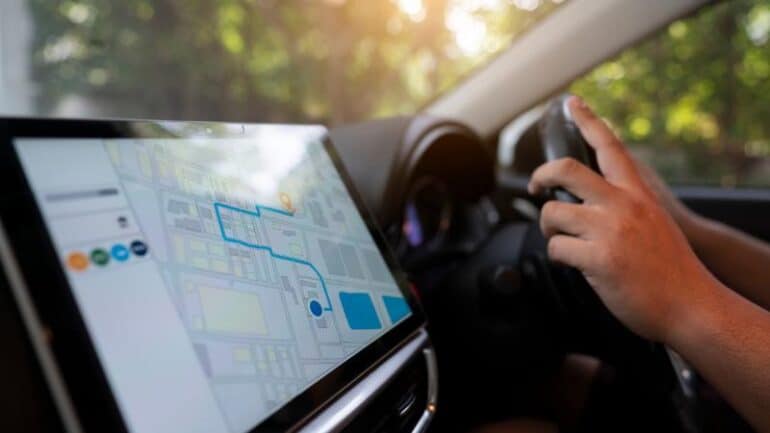We have become so reliant on map apps on our phones that use GPS. It is hard to imagine navigating our way around without them.
But what would happen if the GPS around the globe randomly went down?
Click the link below and listen the full episode:
On today’s The Science Briefing, Dr Sophie Calabretto talks to Cosmos Magazine journalist Jacinta Bowler about how GPS technology works and the possibilities if the system cracks down.
Bowler said GPS first started as a defence tool, but more and more civilians began using it over time.
Car companies realised there were huge opportunities to make money using GPS as a navigation tool.
“There was an issue here because GPS was used for military purposes, they actually had set a bit of a scrambling thing going on, and the GPS was about a hundred metres off unless you had a device to be able to unscramble it,” Bowler said.
Bowler said that companies ended up creating towers similar to phone towers; people then could get the GPS through these towers.
Another interesting fact about the GPS is that the US government actually owns it, and the military still looks after it.
Russia has their own satellite navigation system called GLONASS, which operates as part of a radio navigation-satellite service.
“That’s why China and the European Union also have their versions, which work in very similar ways. These were made after the Cold War in the 2000s when they realised they wanted to have systems that aren’t controlled by the US military,” Bowler added.
Bowler said the chances that the GPS system would go down altogether were “unlikely”,
“Multiple satellites from multiple different satellite systems would need to fail all at the same time for things to get really dicey.”
Introducing The Science Briefing: a podcast about the science of everything and your new go-to podcast for your snapshot of science news. Hosted by Dr Sophie Calabretto and featuring journalists from Cosmos Magazine.
